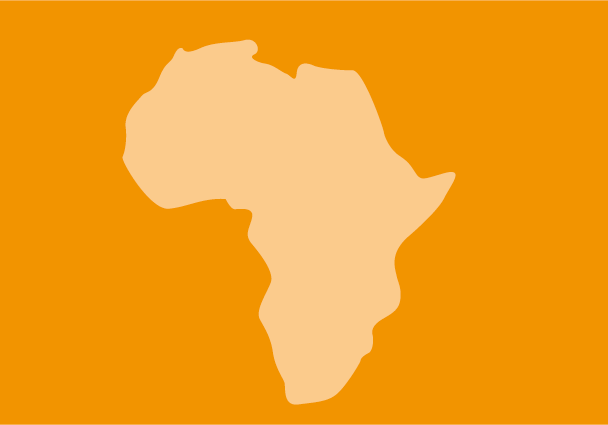The human rights situation in Sudan had been of concern to the International Commission of Jurists for a considerable period of time.
Throughout the 1970s and early 1980s the ICJ received repeated reports of the suppression of freedom of speech and association, in particular the repeated and massive arrest of political opponents to the government. It had also been informed of attempts by the executive to interfere in the judicial process, abuse of emergency powers, ill-treatment of detainees, and misuse of the powers of preventive detention.
Numerous interventions were made with the government about these issues. More recently, the ICJ’s attention focused on changes made in the legal system during 1983 (commonly referred to as «the September laws»), ostensibly to bring it in line with Islamic law. In fact the changes did not conform to Islamic law, but rather led to abbreviated judicial procedures, denial of basic rights of the defence, infringement of the independence of the judiciary and the introduction into the penal code of penalties from Shari’a law which were imposed without the guarantees of a fair trial.
These developments led the ICJ to conclude that a mission to Sudan should be undertaken to inquire more closely into the legal system and the administration of justice in Sudan.
The members of the mission were: His Honour, Adib Halasa, a Judge of the Supreme Court of Jordan; John D. Cooke, S.C., Member of the General Council of the Bar, Ireland, and Ustinia Dolgopol, Director, Centre for the Independence of Judges and Lawyers, Switzerland.
A preliminary report containing the mission’s initial conclusions and recommendations was published by the mission in November 1985.
Sudan-return to democracy-fact finding mission report-1986-eng (full text in English, PDF)

